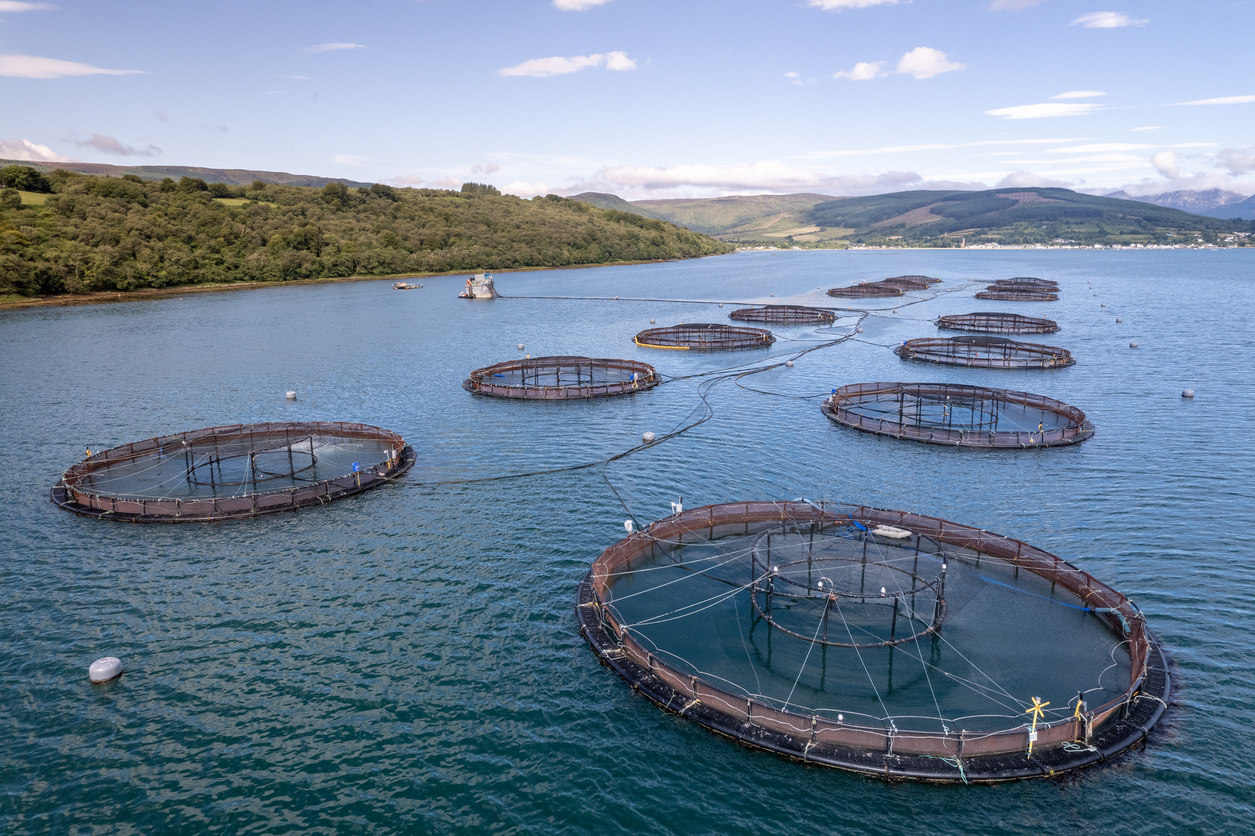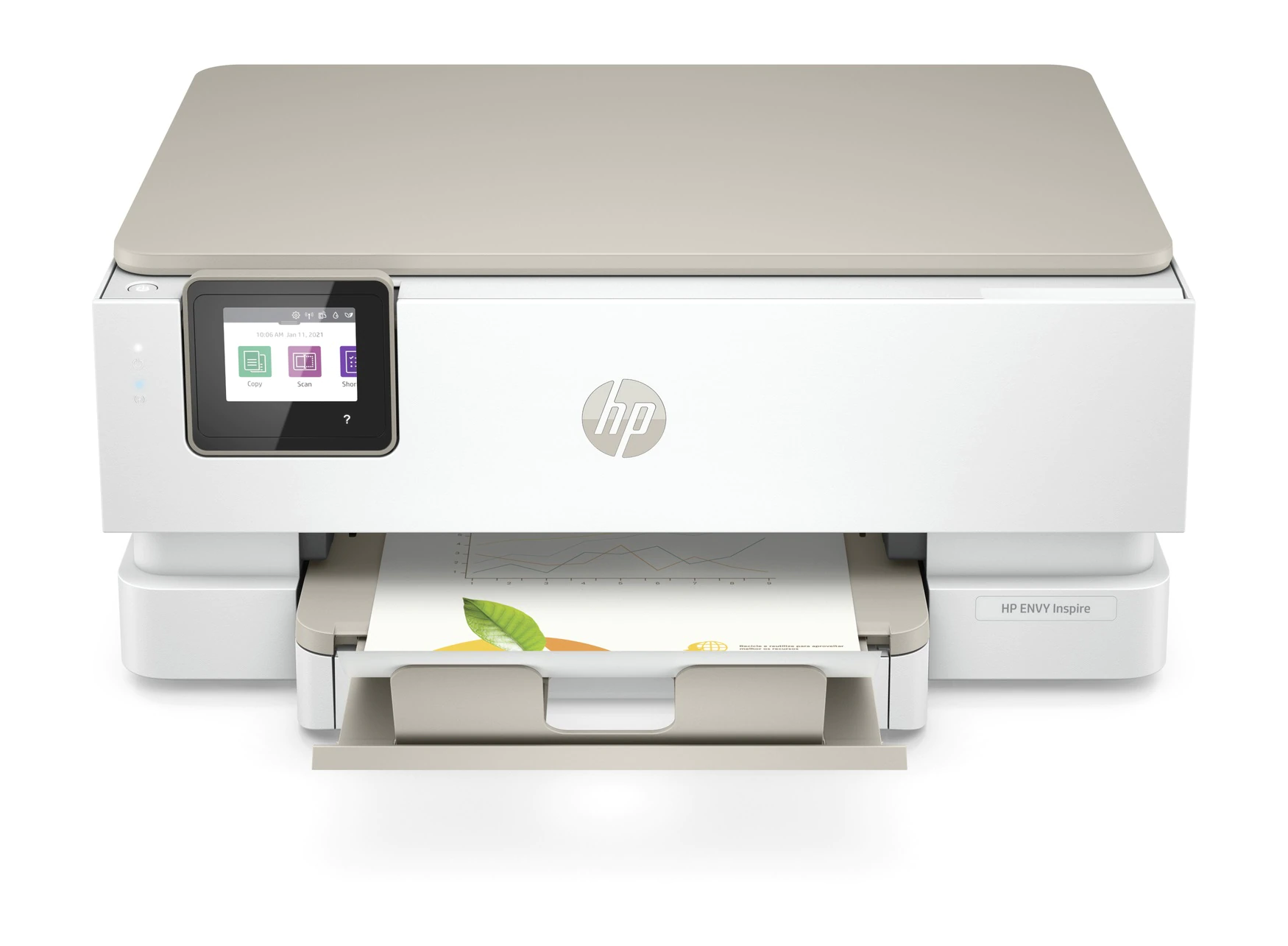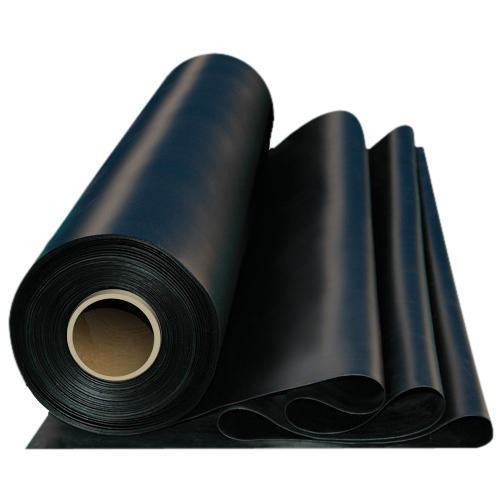The Benefits of Fish Farming in Nigeria
The Benefits of Fish Farming in Nigeria
Nigeria is one of the largest producers of fish in Africa, accounting for about 10 percent of the continent’s total fish production. In fact, Nigeria has the potential to become one of the biggest fish producers in the world. However, with several challenges such as lack of modern technology and insufficient financing opportunities, there is room for improvement when it comes to fish farming in Nigeria. Fortunately, that’s changing—and fast! The good news is there are various agribusiness ventures that have sprung up to help local farmers get more out of their land and improve their farm yields with little input from them. This article discusses some of the benefits of fish farming in Nigeria and why you should consider getting involved if you’re thinking about becoming an investor or entrepreneur in this industry.
An Introduction to Fish Farming
Fish farming is the practice of cultivating freshwater fish in a controlled environment. It is the aquaculture (farming of aquatic animals) of fish. There are several species of fish that are commercially farmed, the most common being salmon, carp, and tilapia. Fish are farmed for human consumption (food), for fish oil, and for fish meal, which is used as feed for farmed crustaceans, pigs, and chickens or as fertilizer. The water used for fish farming can come from a natural source, such as a lake or river, or be man-made through a process called water extraction. The water is then filtered and treated to create a suitable environment for fish. Fish farming has a lower risk of disease compared to raising fish in open water. The fish are fed and kept in a controlled environment, and any pollution created by the fish can be filtered and treated.
Why Should You Start a Fish Farming Business in Nigeria?
Aquaculture has been identified as one of the promising industries in Nigeria, and fish is the most important aquatic and marine species produced by Nigerian farmers. The potential for fish production in Nigeria is great — the country’s coastline is more than 6,000 kilometers long, and Nigeria has 20 million hectares of inland water bodies, which could be used for aquaculture. Nigeria is also the second-largest fish producer in Africa, after South Africa. In 2016, fish production was estimated at 1.95 million tons per year, and the country imports around US$300 million worth of fish each year. This shows that there is a market for fish in Nigeria and that there is a lot of potential to grow the industry and increase fish production. Given these facts, there is room for improvement when it comes to fish farming in Nigeria.
The Benefits of Fish Farming in Nigeria
– Increased Food Security: Aquaculture is a very promising industry that can help reduce the country’s dependence on imported fish. By increasing fish production and improving the processing capacity, the country can reduce its reliance on imported fish by as much as 80 percent. Improving the sustainability of the aquaculture industry can help increase fish production and ensure food security. – Job Creation: The aquaculture industry has the potential to create more than 600,000 jobs in Nigeria. This is because fish farming is an extensive form of agriculture that does not require large areas of land and can be done in small ponds. This can be done with very little investment, and it has the potential to be an excellent source of livelihood for many rural communities across the country. – Improved Health and Nutrition: There are many benefits of eating fish, and they’re excellent sources of protein, vitamins, minerals, and omega-3 fatty acids. The world consumes around 60 million tons of fish annually and is projected to increase to 70 million tons by 2020. Fish is a healthy source of protein and can help reduce the risk of heart disease, cancer, and diabetes. – Increased Revenue: According to data from the United Nations’ Food and Agriculture Organization (FAO), fish is the most traded edible fishery product in the world, with a total value of more than US$89 billion. – Better Environment: Growing fish in ponds and tanks instead of in the ocean has several environmental benefits. Since fish in ponds and tanks are fed less, they excrete less nutrients, which means there is less nutrient pollution in the environment. – Improved Nutrition of Fish: Feed is an important input for sustainable fish production. Generally, fish farmers use commercial feed to meet the nutritional needs of the fish. But with increasing prices of fishmeal, which is made from small fish species and used as feed, fish farmers are looking for cheaper alternatives.
Possible Investment Opportunities in the Nigerian Fish Farming Industry
There are plenty of investment opportunities in the Nigerian fish farming industry. One of the most popular investments in this sector is fish feed, as it is an important input for fish production. Fish feed is made from different ingredients, including fish meal, soybean meal, and other grains. If you have the funds to start an aquaculture business, you can purchase equipment for your farm and set up a feed mill. If you have the funds to start an aquaculture business, you can purchase equipment for your farm and set up a feed mill. This can be a great investment, as fish feed is a high-value product that is in high demand. Another profitable investment in the Nigerian fish farming industry is hatcheries. Fish hatcheries produce fish seedlings and eggs for aquaculture. The demand for fish feed is rising due to the growing aquaculture industry, and fish hatcheries are an essential input for aquaculture, as they produce fish seedlings and eggs. You can also consider investing in technology that is used in the fish farming industry. For example, you can invest in water filtration systems, which are used in aquaculture to filter and treat water. This can make the process of fish farming more efficient and help reduce production costs.
Conclusion
This article discusses some of the benefits of fish farming in Nigeria and why you should consider getting involved if you’re thinking about becoming an investor or entrepreneur in this industry. There are various agribusiness ventures that have sprung up to help local farmers get more out of their land and improve their farm yields with little input from them. Fish farming is the practice of cultivating freshwater fish in a controlled environment. It is the aquaculture of fish. There are several species of fish that are commercially farmed, the most common being salmon, carp, and tilapia. Fish are farmed for human consumption (food), for fish oil, and for fish meal, which is used as feed for farmed crustaceans, pigs, and chickens or as fertilizer.








LEAVE A COMMENT
You must be logged in to post a comment.